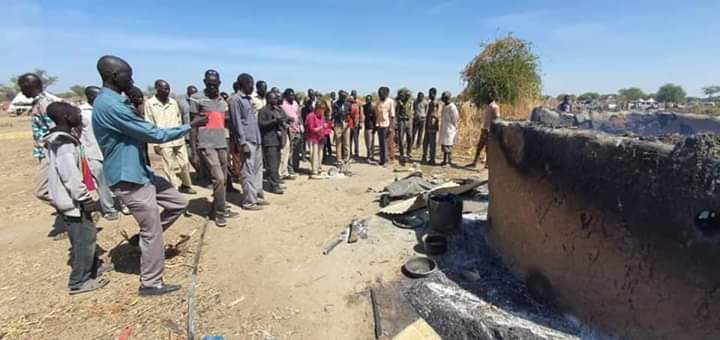Sudan, South Sudan agree on joint security plan in Abyei

Over thirty people were killed as a result of a revenge attack by the Misseriya tribesmen on 22 January.
The attack triggered tensions in the area and rumours spread on the social media about an attack by the South Sudanese army to control the area.
Amer Mohamed al-Hassan, SAF Spokesman, late on Friday dismissed rumours circulating on the social media about the alleged attack by the South Sudanese army on Abyei.
“We confirm the inaccuracy of what has been circulated. Also, conditions in Abyei town have returned to normal and the problem has been settled through peaceful coexistence committees in Abyei,” al-Hassan said.
“On the political level, the defence ministers of the two countries met in Juba and agreed on a plan to solve the problem between the parties in Abyei,” he stressed.
The spokesman did not elaborate on the agreement reached between the top military officials in the two countries.
Following a meeting on Thursday with President Kiir, a leading member of the Sovereign Council in Sudan Mohamed Hamdan Daglo, “Hemetti” told reporters that the two countries agreed to establish a joint mechanism to protect civilians and to dispatch forces to be deployed near Abyei for this purpose.
Sudanese Defence Minister Jamal Omer Ibrahim was in Juba when the attack occurred in Abyei as he was participating in the discussions over the security arrangements with the SPLM-N Agar. The same for Hemetti.
Also, President Kiir was keen to minimize the impact of the attack on improving bilateral relations between Khartoum and Juba.
“What happened in Abyei recently reflects the mentality of the former regime in Sudan,” he said, stressing that will not affect the relationship of the two countries.
The former head of Abyei Oversight Committee from the Sudanese side said he resigned from his position after the formation of the transitional government because he is a member of former ruling National Congress Party of the ousted president al-Bashir.
“My situation has become anomalous,” he said in a statement to Al-Siha newspaper on Saturday he preferred to resign to preserve the interests of his tribe in Abyei.
He said the attack was triggered by the rustling of cattle belonging to Misseriya, adding that the pastoralists in a first time went to the area asking to give them back the stolen cattle but they had been killed.
The Sudanese government had accused UNISFA of negligence and not protecting civilians.
(ST)
